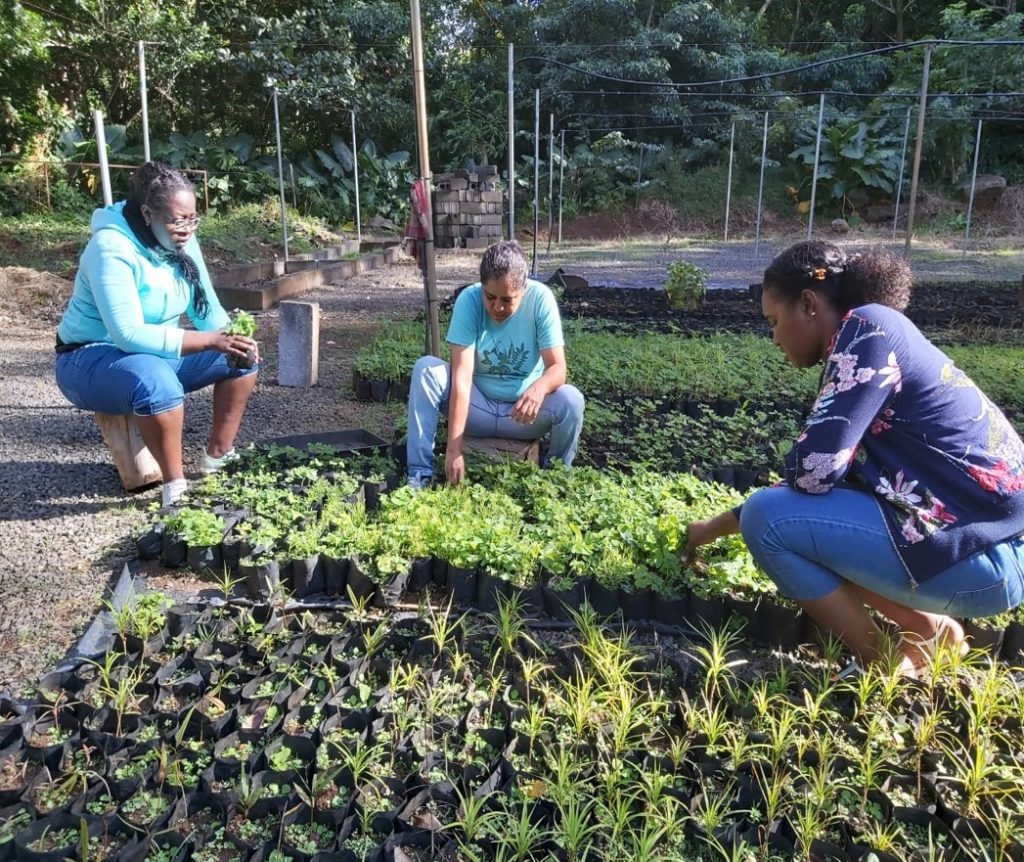

The notion of Sustainability in Rodrigues
Few places on earth rival the natural beauty of Rodrigues. Set in the middle of the Indian Ocean, this enchanting island is made up of some of the finest white sand, crystal blue waters, and pristine landscapes.
The island welcomes thousands of tourists every year, and it’s up to each one of them to maintain a respectful and sustainable attitude towards Rodrigues’ ecosystem and population, so that this paradise on Earth can keep thriving.
Visitors to Rodrigues have the opportunity to experience the slow-paced lifestyle, enjoy trails and hiking, dine on fresh fish and seafood caught earlier the same day, and head out on fishing trips with the locals.
Per se, it is crucial to protect the pristine environment and delicate ecosystems, while also supporting the local communities.
Rodrigues was among the first small islands to ban single-use plastic bags back in 2014, and following this successful initiative, the Rodrigues Regional Assembly (RRA), in collaboration with the locals, came up with several actions to reduce plastic waste on the island, with the most notable ones being the banning of plastic flowers and polystyrene food packs. As part of their sustainable engagement and with the wake of the COVID-19 pandemic, the Commission for Tourism has set the Tourism Alternative Livelihood Scheme (TALS); a way to sustain employment in the tourism sector. As at date, over 500 employees enrolled in the scheme and the aim is to set the best practice example for sustainable tourism through an integrated collaborative approach between public, private sector, and NGOs, and involve the locals in cleaning, restoration, monitoring, and upgrading programmes on different tourist sites.
Here are a few of their achievements:
Preserving Coral Ecosystem
Rodrigues also suffer from the phenomenon of coral bleaching due to climate change, but they found ways to recover the ecosystem by planting over 3,000 coral buds on several sites. Recent monitoring has demonstrated that the average survival rate of the corals was above 70%. Furthermore, basket traps left by fishermen were used as a support system to attach dead coral skeletons and nubbins and let them grow. Coral buds have also been transplanted using the frame techniques, which will later be used as a nursery.
Restoration of Tourist Sites, trails, and islets
The locals worked hand-in-hand to bring added value to various tourist sites and attract more visitors. Since the pandemic, they were involved in various cleaning and restoration campaigns; removing invasive plants which were hindering the growth of endemic plants, collecting water bottles and marine debris, planting new endemic plants, and clearing pathways.
Digitalisation is another crucial part in Rodrigues’ sustainability journey; visitors planning to travel to Rodrigues will now be able to find the best places and itineraries, learn more about the destination and have a travel guide in their pocket with the newly launched mobile application, dubbed “Discover Rodrigues.”
The app has been developed in English and French versions, with a future upgrade planned to support other languages and available to download on IOS, Android and AppGallery, for those who want to experience all that this natural paradise has best to offer. With access to numerous recommendations for restaurants, transportation, activities and more, this tool will definitely take your trip to the next level.
We encourage all visitors to Rodrigues to travel in a responsible and respectful manner, ensuring their visit leaves a positive impact.
© 2020 | Imprint | Privacy
Improving Sustainaible Tourism In Mauritius through Greening the Value Chain of Tour Operators (SUS-ISLAND) is a Switch Africa grand project funded by the European Commission and led by Mauritius Tourism Authority. Its objective is to promote sustainaible tourism in Mauritius by demonstration and scaling up a self-sustaining mechanism for improving sustainaibility impacts along the value chain improving awareness and market of sustainaible tourism products.





